
The Last Supper: A Historical Account
By Terry

14 Oct, 2023
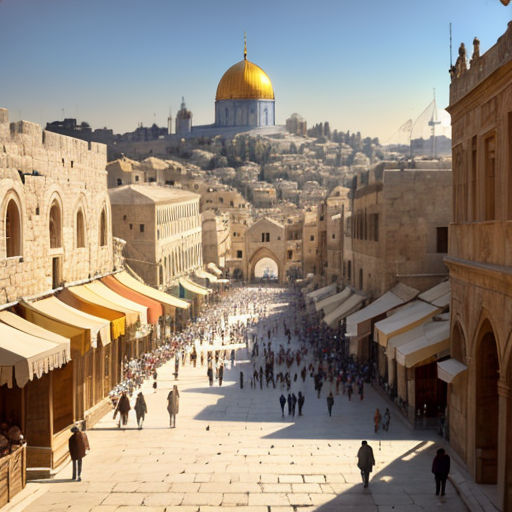
Our story begins in the 1st century AD, in ancient Jerusalem. The city was under the rule of the Roman Empire, a period marked by political unrest and religious tension.

The Last Supper, as it's known, is a biblical event that took place on the eve of Jesus Christ's crucifixion. Its significance lies in its association with the Christian ritual of the Eucharist.

$$C_START_1$$ Jesus Christ || Mid-30s, male, olive skin, long, wavy brown hair, dressed in simple robes, serene expression $$C_END_1$$ Jesus Christ, a charismatic preacher, had gathered his twelve disciples for a Passover meal.
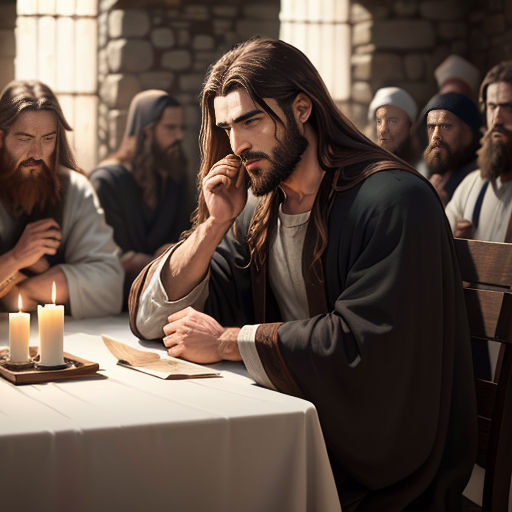
During the meal, Jesus predicted his betrayal by one of the disciples. This declaration shocked the disciples, sowing seeds of doubt and uncertainty among them.
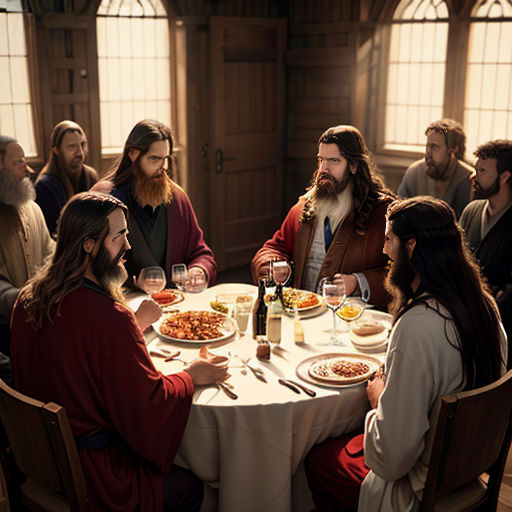
As the meal continued, Jesus performed the act of breaking bread and sharing wine. He referred to these as his body and blood, symbolizing his imminent sacrifice.
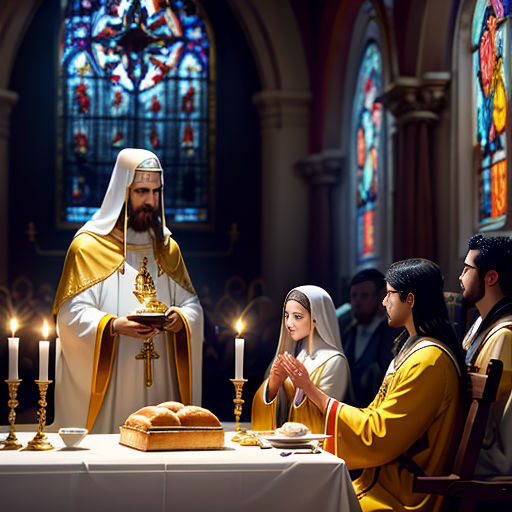
This act is seen as the establishment of the Christian Eucharist, a ritual of consuming bread and wine in remembrance of Jesus's sacrifice.

The Last Supper was also marked by Jesus's final teachings to his disciples. He emphasized love, humility, and forgiveness, principles that form the core of Christian ethics.

Following the supper, Jesus was arrested, leading to his crucifixion. This event triggered a profound impact on his disciples and the local population.
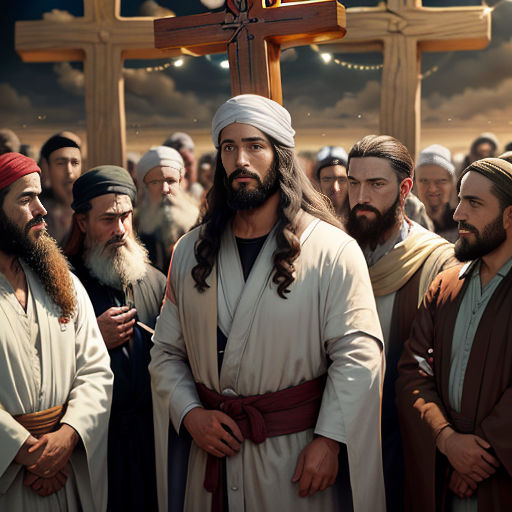
The crucifixion, seen as a fulfillment of Jesus's prophecy, led to a surge in his followers. The disciples, once filled with doubt, became ardent proponents of his teachings.
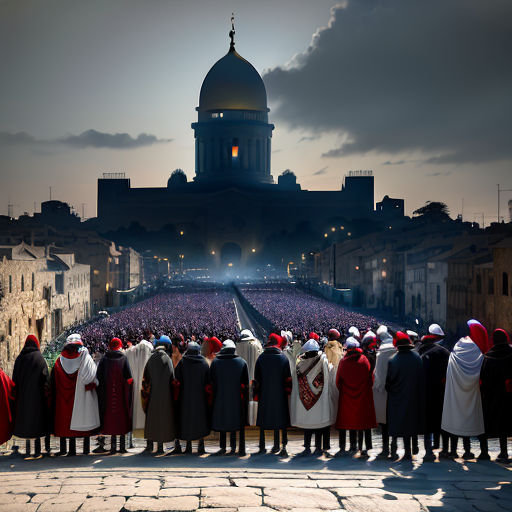
The local population, witnessing these events, experienced a mix of shock, fear, and fascination. This led to the formation of the earliest Christian communities in Jerusalem.
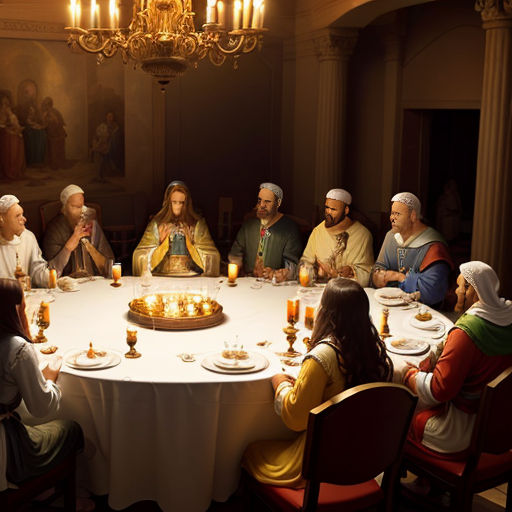
The Last Supper had a significant impact on the cultural and religious landscape of Jerusalem. It served as the catalyst for the growth of Christianity within the city.
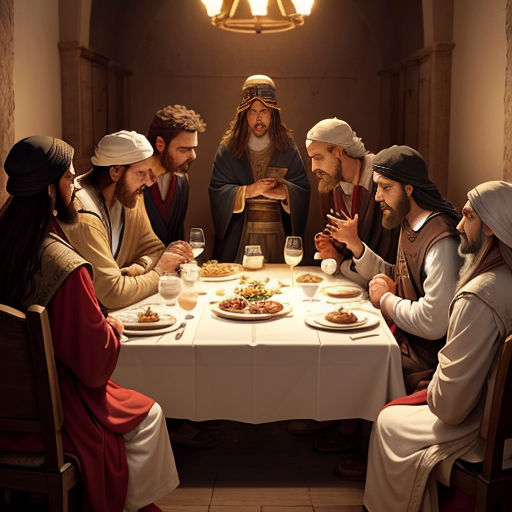
The story of the Last Supper and Jesus's subsequent crucifixion spread beyond Jerusalem. Travellers and traders carried the message across the Roman Empire, leading to the spread of Christianity.
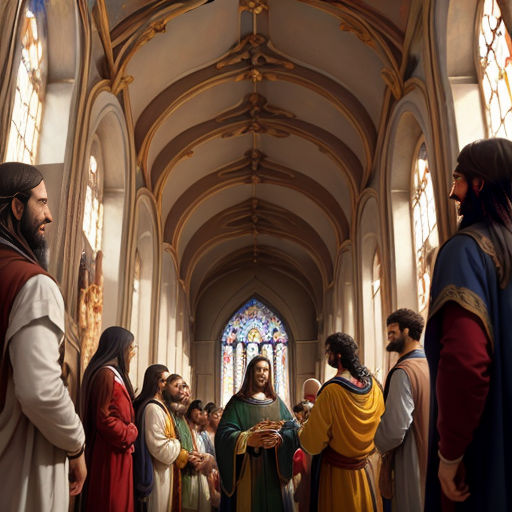
Over the centuries, the Last Supper has been depicted in countless artworks, literature, and music. Leonardo da Vinci's mural painting of the Last Supper is one of the most famous depictions.
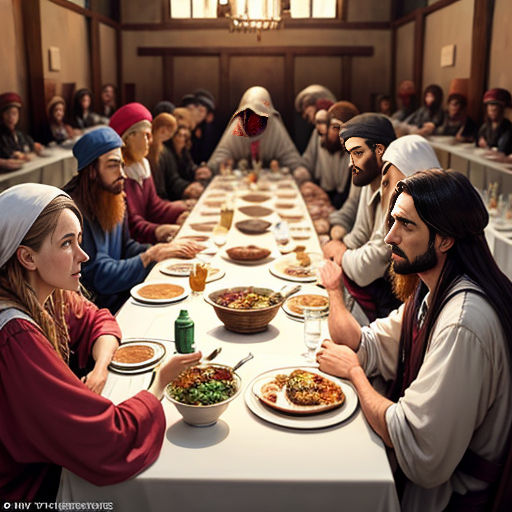
The Last Supper also inspired various interpretations and theories. Some historians even suggest that the event might have occurred in a different location or on a different date.
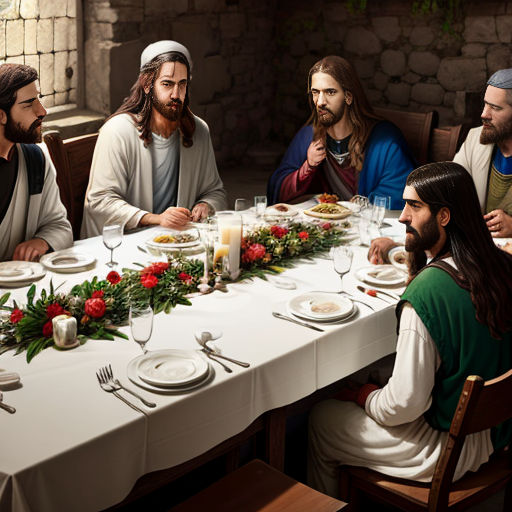
Despite these debates, the importance of the Last Supper in Christian theology remains undisputed. It symbolizes Jesus's sacrifice and his message of love and redemption.
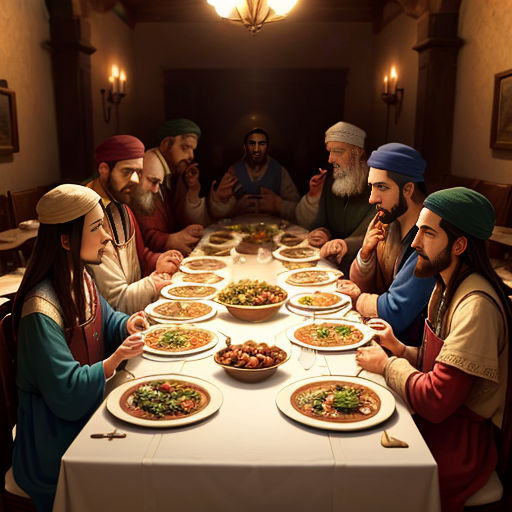
The Last Supper's impact extends beyond Christianity. It has influenced cultural and social norms, and it has become a symbol of unity, selflessness, and sacrifice.
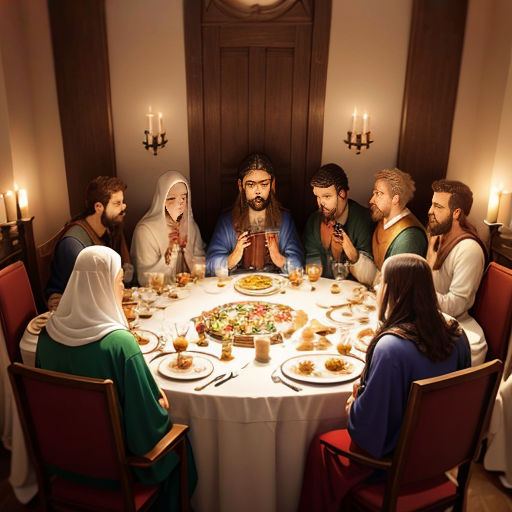
In the global context, the Last Supper has played a key role in shaping Christian communities worldwide. It continues to be a significant event during Christian celebrations, especially during the Holy Week.
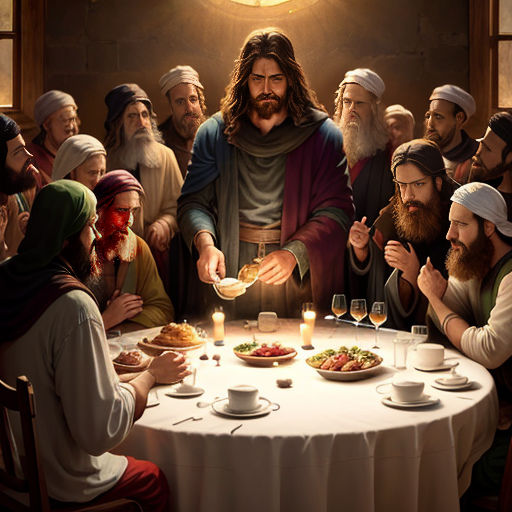
The Last Supper has also influenced global art, literature, and philosophy. Its themes of sacrifice and redemption have been explored in various artistic and intellectual mediums.
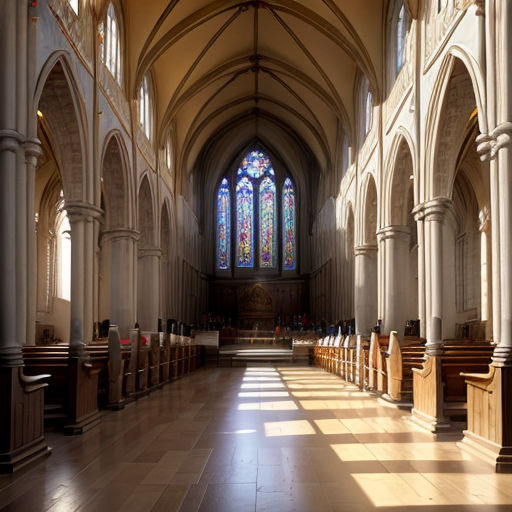
The Last Supper's influence on global politics cannot be understated. The growth of Christianity has shaped nations and influenced international relations throughout history.
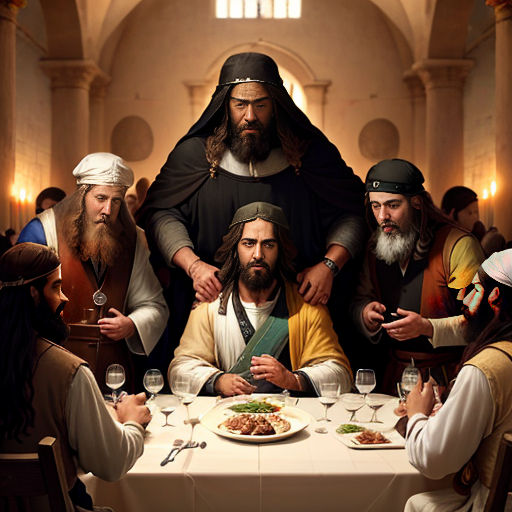
The Last Supper also holds an important place in interfaith dialogue. It serves as a point of discussion and comparison between Christianity and other religions.
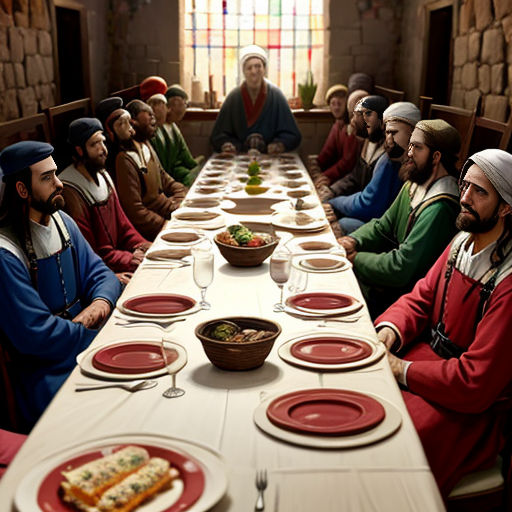
The Last Supper continues to be a subject of historical research. Historians and archaeologists strive to uncover more details about this significant event and its context.
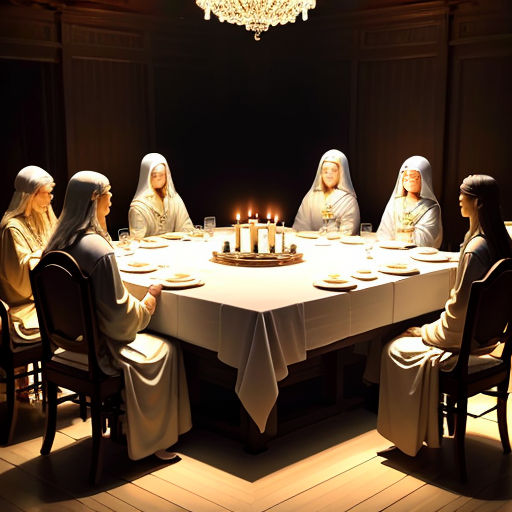
As we delve deeper into the past, we gain a richer understanding of the Last Supper's significance. It's not just a biblical event; it's a part of our global cultural heritage.

In conclusion, the Last Supper is a pivotal event that has shaped the course of human history. It's a testament to the power of belief, sacrifice, and the human spirit.

Its impact on society, culture, and faith is immeasurable. It serves as a reminder of our shared history and the enduring influence of ancient events on our present world.
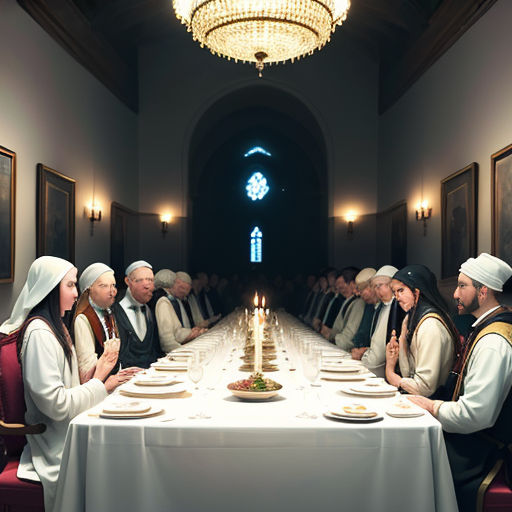
As a historian, unraveling the layers of the Last Supper is a fascinating journey. It's a narrative that continues to unfold, enriching our understanding of humanity's past, present, and future.